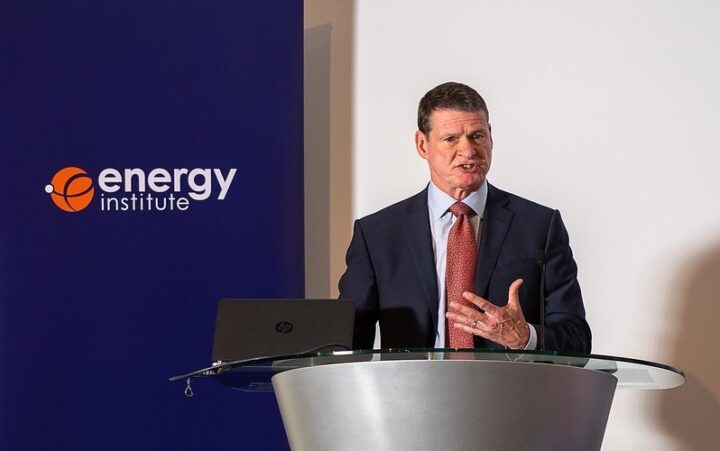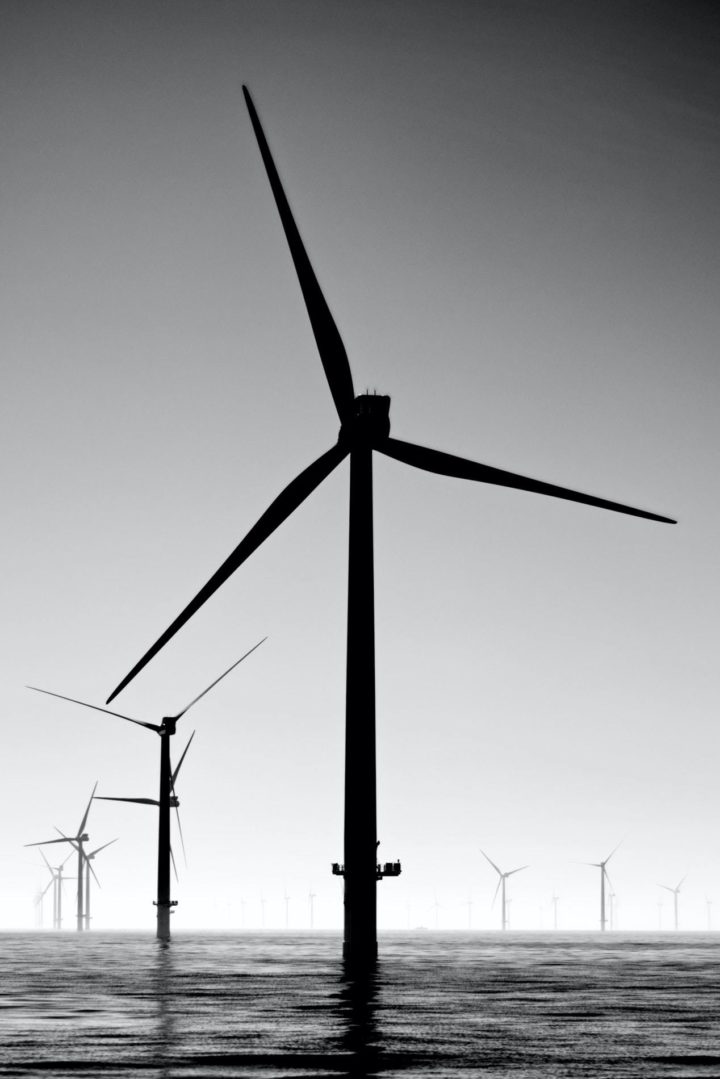Let’s be honest about what’s driving these home energy hikes
By Steve Holliday FREng FEI, President of the Energy Institute and former CEO of National Grid
By Kathy Grenville
Share
Last updated:
We’re living through tough times. The pandemic, lockdown, furlough, these have all taken their toll on households and businesses alike, and we’re not out of the woods yet.
As if to make matters worse, another hard reality is about to bite, with Ofgem announcing an increase from October in the price cap intended to ensure home energy consumers get a fair deal. This could lead to annual dual fuel bill increases of up to around £150 for 15 million UK households on standard variable tariffs or pre-payment meters. That’s half the population, and there will be intense pressure for suppliers to do what they can to help their most vulnerable customers deal with this.
Whether or not the price cap itself is an effective instrument, we should be clear and honest with the public about the underlying drivers of the costs of energy today and into the future. I felt this keenly during my decade leading National Grid, as we started on the journey diversifying and decarbonising the UK’s energy system. And it remains with me today in my work with the Energy Institute supporting professionals pushing for action further and faster in response to the increasingly evident dangers of climate change.
So, let’s be clear: Ofgem is increasing the price cap this week because of unprecedented hikes in international fossil fuel prices, in particular natural gas.
Gas has been a mainstay of the UK energy system since we expanded production in the North Sea in the early 1970s. Today, the majority of the UK’s homes - 85% or 23 million - are connected to the gas grid and use a boiler for their heating and hot water. We also still depend on natural gas to generate more than a third of our electricity.
Gas has served us well. Although half of what we now use is imported, it remains crucial for our security of supply even as we continue the shift towards net zero emissions. It also has the potential to play a continuing role for those industrial processes requiring high temperatures, for flexible power generation and perhaps for conversion to hydrogen, as long as the damaging greenhouse gas emissions it produces can be captured and stored.

But with our current dependence on gas, householders cannot escape the volatility of prices in those international markets, impacted by the whims of both supply and demand outside of our control. This will be the second hike in the UK this year and is the result of lower-than-normal European storage following the cold winter, combined with increased demand as Asia starts to recover, and the beginnings of the same in Europe. Uncertainties on the supply side exacerbate this, such as reports over recent weeks of reluctance by Russia’s state backed monopoly Gazprom to increase supplies to Europe.
I’m not talking about a shortage of gas in the UK, but about the price we need to pay to get it. When the world wants more of something that’s in limited supply, the price escalates. Wholesale European gas prices are up 50% in just six months to their highest level for 13 years.
But what’s the alternative? Although the shift to low carbon has upfront costs, and we cannot definitively say bills will be lower in the future clean energy system, when I look at renewable energy technologies, all I see are costs heading in the opposite direction, down.
The costs associated with onshore wind are almost half what they were a decade ago, offshore wind a third, and the cost of solar photovoltaics has plummeted by an astonishing 80%! These technologies are now within a comparable range to the cost of generating power from fossil fuels.

Of the electricity generated in the UK last year, renewables accounted for more than 43%, three quarters of which was from variable wind and solar. The prevailing view a decade ago was this sort of level would simply be impossible, but with parallel cost reductions in battery storage - the cost of lithium-ion batteries has fallen by 90% over the last ten years - and with smart technologies starting to enable far greater flexibility in how we use energy, the shift to low carbon is now hardwired into our electricity grid.
Few predicted these clean power cost reductions and deployment rates, but it’s been in large part due to sustained government policy and partnership with industry.
Ministers need to show the same level of determination to decouple our cars and homes from exposure to international price shocks and polluting fuels. This means putting more flesh on the bones of transport decarbonisation plans, and publishing an ambitious heat and building strategy to incentivise the gradual and affordable installation of heat pumps and other clean alternatives, as existing gas boilers reach the end of their lives.
The sooner we start making these advances, the cheaper they will be. And they will bring with them long term pay-offs which a continued reliance on fossil fuels will not. We’re likely to experience greater stability in terms of what we pay to heat our homes and recharge our cars. With serious effort behind energy efficiency, we can bear down further on the absolute amount of energy we use. If we can stay ahead of our global competitors, new clean energy industries will bring with them not just highly skilled jobs in domestic deployment but also massive export potential.
Finally, we can end our nation’s contribution to global climate change and, as host of COP26 in November, convince others to do the same. This summer, with the devastating floods across Europe and the crippling heat dome over the west coast of the US and Canada, we’ve seen just how vulnerable even our advanced economies are to the climate crisis, let alone those even less able to cope in the global south.
This week’s price cap announcement will be hard to bear for millions of homes across Britain, but it has nothing to do with net zero, in fact quite the opposite. It’s the latest reminder that the shift to low carbon is in the best interests of consumers, our economy and our planet.
Share